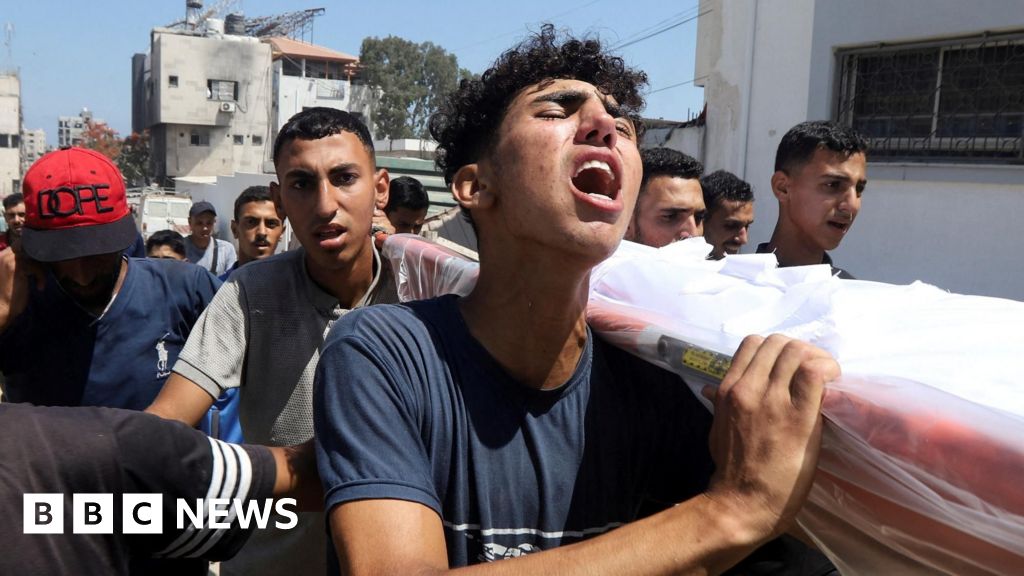India and Pakistan accused each other of attacking military sites overnight, as tensions between the nuclear-armed South Asian neighbours intensified.
India said on Saturday that it launched airstrikes on several Pakistani military installations in response to a series of alleged cross-border attacks involving drones and artillery.
Indian army spokeswoman Vyomika Singh told reporters in New Delhi that Indian fighter jets had fired precision-guided weapons at targets including command and control centres, radar sites and weapons depots.
Pakistan said its forces repelled three Indian strikes on military bases in Punjab province, causing no casualties or damage. In retaliation, it launched counter-attacks that Islamabad claimed destroyed several Indian installations, including an advanced air defence system.
In a statement, the Pakistani military said it had targeted the Indian town of Adampur and destroyed an “S-400 system” valued at $1.5 billion using hypersonic missiles.
Indian media disputed the claim, with The Indian Express citing a military source who said the system had not been hit. Hypersonic missiles are considered particularly difficult to intercept due to their speed and manoeuvrability.
The Indian army spokeswoman also pushed back, calling Pakistan’s account of events “false.” Singh further alleged that Pakistani forces were observed moving into forward positions near the border, “indicating offensive intent to further escalate the situation.”
“Indian armed forces reiterate their commitment to non-escalation provided it is reciprocated by the Pakistan military,” Singh added.
Earlier, India’s Defence Ministry condemned Pakistan for what it called a “continued escalation,” citing the downing of multiple drones early on Saturday and describing the incidents as a serious threat to national sovereignty and civilian safety.
As a precautionary measure, India has closed 32 airports in its northern and western regions until May 14, while Pakistan has shut down its airspace to all types of air traffic.
Pakistani Prime Minister Shehbaz Sharif meanwhile was convening on Saturday an emergency meeting of the National Command Authority, the body responsible for nuclear policy and oversight.
The surge in hostilities comes weeks after a deadly terrorist attack in Indian-administered Kashmir killed 26 people, most of them Indian tourists. India has accused Pakistan of involvement in the attack, a claim Islamabad denies. Pakistan has instead called for an independent investigation.
Pakistani Foreign Minister Ishaq Dar said Islamabad remains open to peace if India halts its military operations.
In an interview with broadcaster Geo News, Dar said he had spoken with US Secretary of State Macro Rubio and told him that “the ball is in India’s court.” He added: “War is not our priority and we genuinely want peace but without hegemony of any country.”
Dar said his talks with Rubio and other leaders, including the Saudi foreign minister, had been “positive” and expressed hope that dialogue with India could begin. Asked whether military channels had been used to de-escalate the crisis, he confirmed: “Messages have been exchanged on both sides.”
India and Pakistan each control parts of the disputed Kashmir region but claim it in full. The two rivals, which both carried out nuclear tests in 1998, have fought multiple wars and remain locked in a long-standing missile and arms race.
Source link














